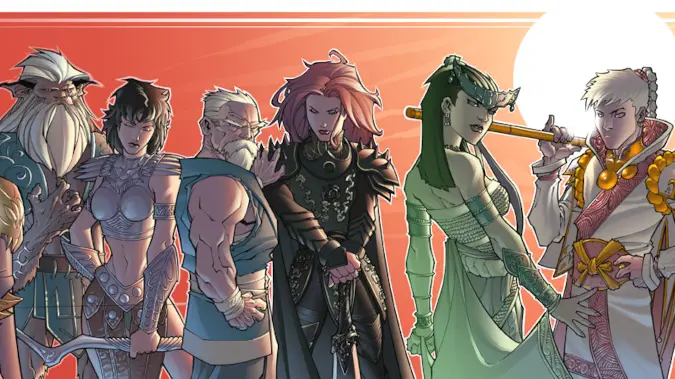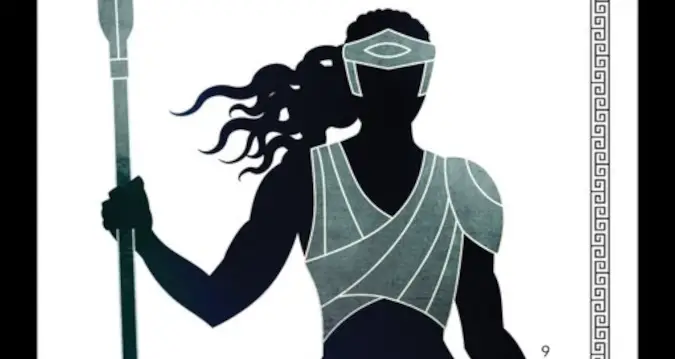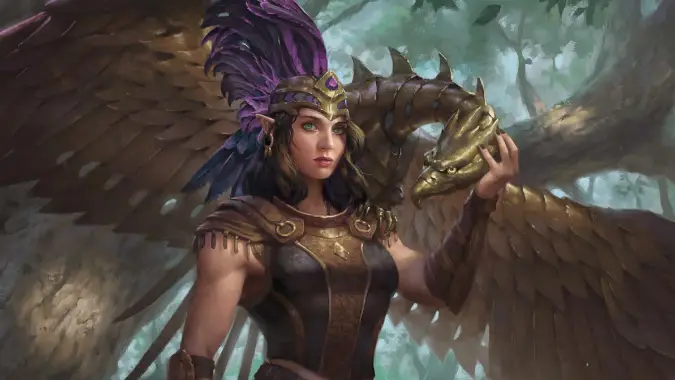It’s good to play a variety of TTRPGs, not just D&D. Here’s why.

I am an ardent believer that not only is it fun to play a wide variety of TTRPGs, it can also improve your skill as a player or game master in every system you play. Seeing how other games handle combat, role playing, skill use, and so on is an eye opener the first time you do it, and new game systems have many innovations that can inspire you and help channel your creativity as a gamer in new and exciting ways. I’m currently poring over Lumen, a rules light system inspired by video games, for inspiration on a game idea I’ve been discussing with my wife based on her ideal video game.
So if you’re a dyed in the wool Dungeons and Dragons player who has never tried another system, I would absolutely encourage you to do so. I’d be happy to suggest systems you might enjoy. I’d be thrilled to help you figure out which game out there would be a good fit for you.
But what I’ll never do is be a pretentious snot to you if you decide you just don’t want to try another system. If you’re happy playing D&D and you and your group find it handles everything you want to do in your games, then I wish you well and hope you have a blast playing it. This is often, apparently, a very hard thing for gamers to do in the TTRPG sphere — going both ways — and it is both maddening and counterproductive.

There are lots of reasons to be wary of Dungeons and Dragons
First up, there are a lot of really valid reasons to not want to exclusively play D&D as an active member of the TTRPG community. Wizards of the Coast is absolutely the 900 pound gorilla in the hobby — nobody else comes close. The next five largest companies in TTRPG design aren’t as big as Wizards, which is itself owned by Hasbro, a company worth over $5 billion dollars. There are a lot of reasons to not want one rich company to utterly dominate the TTRPG space, and I’m not telling you you’re wrong to criticize Hasbro, Wizards, or even D&D as an institution and force in the hobby. But your reasons for disliking the game don’t have to be its massive corporate footprint in the hobby, or the company’s practices over the years, or even just how omnipresent the game is.
I would also not argue you’re wrong to dislike D&D mechanically. It is a game that’s highly dependent on grid play and specific rules — how far you can move or what exactly you can do during combat is already determined. It also works best with a tangible visual representation of combat, whether that is a virtual tabletop or an actual map on a table with little miniature figures representing the party and the monsters they fight and hazards they face. It’s really designed to be Dungeons and Dragons more than a fun game per se. A lot of the mechanics it holds on to are there, not because they’re elegant or easy to use, but because they’ve always been there and players don’t think the game feels like D&D without them, like the exhaustive lists of spells categorized by level and which classes can cast them, for example.
I like D&D, but I often don’t want to use it when I’m trying to do something that isn’t a specific kind of alloy of fantasy settings from a multitude of sources, ranging from myths and legends to Tolkien and Howard and embracing a somewhat disparate approach to what it incorporates. When I ran a Mass Effect homebrew for the Blizzard Watch peeps, I didn’t even try to use D&D for the backbone. I grabbed a Powered by the Apocalypse game and ran with it, because it did what I wanted better than D&D does.

What you can learn from other TTRPG systems
First up, playing non-D&D TTRPG systems is just plain fun. There are games that deal with certain aspects of roleplaying games very differently — if, for example, your group wants to explore storytelling aspects of personal identity and modern society, Monsterhearts may be exactly up your alley, and it provides an experience you are not going to get from D&D. It’s definitely not for everyone, and I recommend your group sit down and discuss if you’re up for a game that delves a lot more into the kind of stories you see in movies like Ginger Snaps, Jennifer’s Body, or other coming of age horror stories, but it definitely gives you a completely different type of gaming experience.
Also, though, one of the things I really love about playing different TTRPGs is how they give me formalized examples of ideas that will work just fine in a D&D campaign. For example, many Powered by the Apocalypse and Forged in the Dark games have a robust way of creating a starting group of characters, with really robust ways to build useful connections to help you tell stories built around each one. The idea of sitting down for a session and having everyone talk about their characters and brainstorming ways that their characters know each other is something that helps any RPG, and it’s an idea that can absolutely be ported to your D&D game.
Another example is the Lumen system, which does an excellent job of making the game flow like an action RPG on a computer or a looter-shooter FPS game. The way it strips down the mechanics and allows for things more like you’d see in Hades or Overwatch or Diablo can definitely give you ideas for how to do the exact same thing in your D&D combats, either by making house rules that speed up combat or simply by paying more attention to the action economy of your sessions.
There’s a lot to love about games that aren’t D&D.

It’s also okay to like Dungeons and Dragons
Even if you believe that the hobby is best served by branching out from D&D, being a jerk to people who don’t want to try some other system is utterly counterproductive. No one has ever been convinced to give Fate a try because someone mocked them for playing D&D. Similarly — because this does happen — I’ll point out that if someone is on Twitter talking about why they don’t like D&D and prefer other systems, it’s a really awful thing to swarm a perfectly civil online conversation that wasn’t about you or your game to tell them that they’re wrong, D&D is great.
The flip side of letting people enjoy things is letting them also not enjoy things.
Ultimately, while I get the frustration, I have to say, if someone doesn’t want to try one of the many, many games I’ve recommended that aren’t D&D? Well, they don’t owe me that. I may have really good reasons for trying a different system — I may think it benefits you as a D&D player, I may believe it’s just more fun to try other systems, I may have perfectly reasonable arguments about how having one company absolutely dominate the TTRPG sphere is a bad idea or criticisms of D&D as a game — but I’m not in charge of how other people have fun. If they like D&D and want to play it, there’s no reason they shouldn’t.
That said, man, this Lumen SRD is fascinating. It is giving me all sorts of ideas.
Please consider supporting our Patreon!
Join the Discussion
Blizzard Watch is a safe space for all readers. By leaving comments on this site you agree to follow our commenting and community guidelines.
 @MatthewWRossi
@MatthewWRossi



